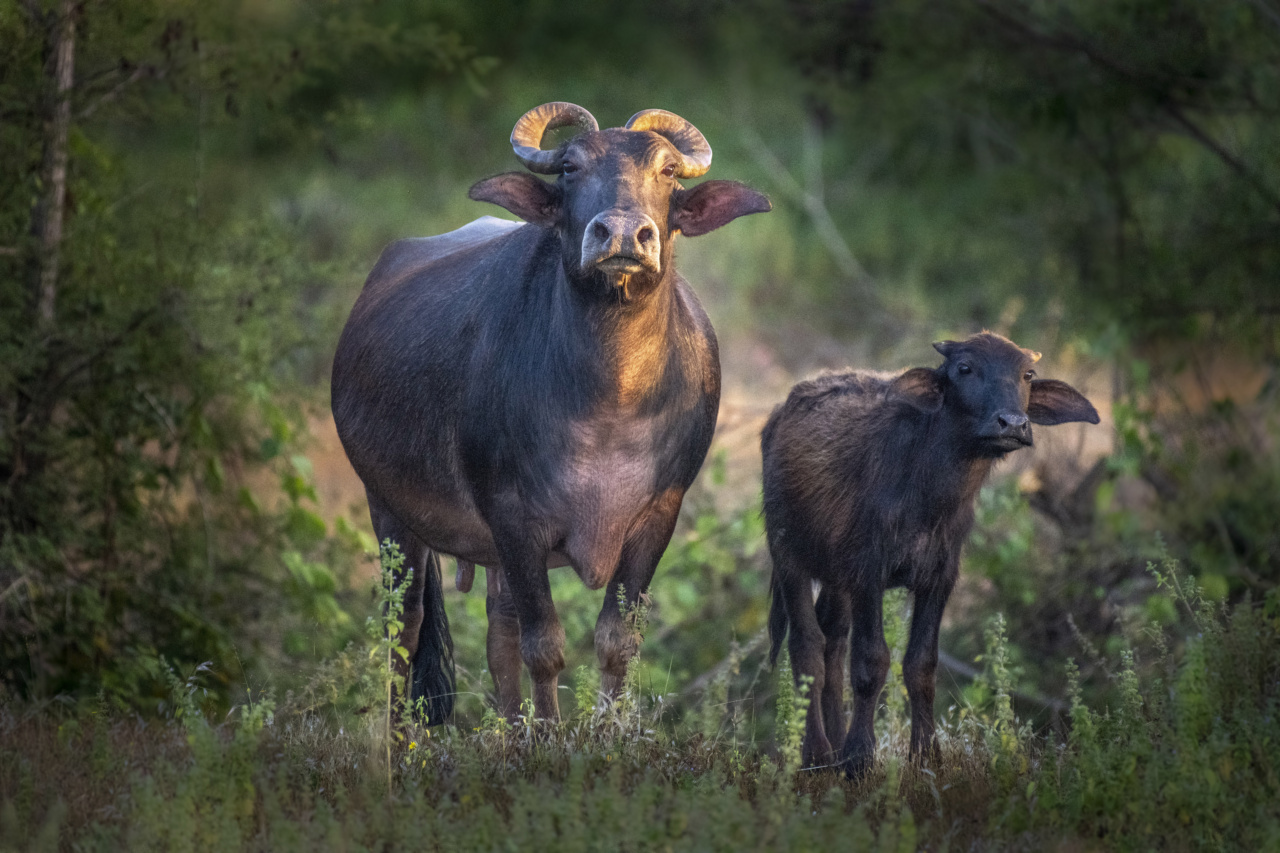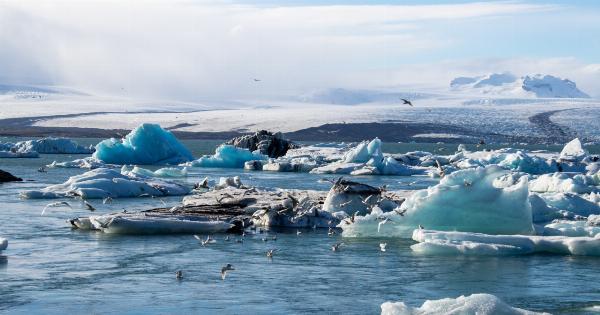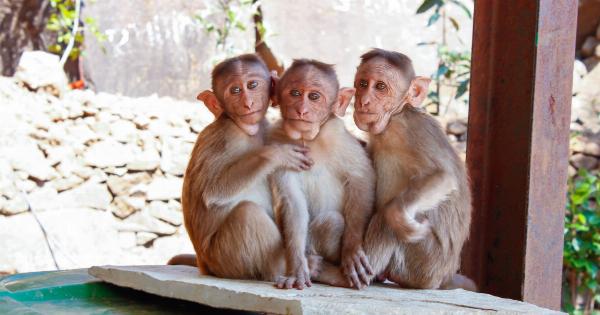Veal, a type of meat predominantly derived from young calves, is a popular culinary choice in many parts of the world. However, the production and consumption of veal come with a significant environmental cost.
This article explores the detrimental effects of veal consumption on the environment, highlighting its contribution to deforestation, greenhouse gas emissions, and water pollution. It also raises ethical concerns surrounding the veal industry and provides alternative sustainable food options.
Deforestation: Clearing Land for Cattle Rearing
The demand for veal leads to extensive deforestation in various regions, primarily driven by the need for land to rear cattle.
Cattle farming requires substantial grazing areas, and as the global demand for veal rises, more land is cleared, primarily through slash-and-burn practices. This destructive method not only results in the loss of valuable forest ecosystems but also releases large amounts of carbon dioxide, a greenhouse gas contributing to climate change.
Greenhouse Gas Emissions from the Veal Industry
Aside from deforestation, the veal industry significantly contributes to greenhouse gas emissions. The rearing of cattle for veal requires vast amounts of resources such as water, space, and feed.
These resources, especially when produced on an industrial scale, generate considerable emissions of greenhouse gases, including methane and nitrous oxide. Methane is known to be a potent greenhouse gas, with an impact on climate change that is over 20 times greater than carbon dioxide over a 100-year period.
Water Pollution: Impacts of Veal Production on Water Bodies
The production of veal also poses severe threats to water bodies and aquatic ecosystems. Large-scale veal farms generate vast volumes of waste, including urine and feces, which eventually find their way into nearby water sources.
These waste products contain high levels of nitrogen and phosphorus, which can lead to algal blooms and deplete oxygen levels in water bodies. This pollution not only harms aquatic life but also has detrimental effects on human health, as polluted water sources are often used for drinking, irrigation, and other purposes.
Ethical Concerns Surrounding Veal Production
Beyond its environmental impact, the veal industry raises ethical concerns due to the treatment of calves. Veal production often involves confining calves in small crates that limit their mobility and prevent them from engaging in natural behaviors.
These cramped conditions can lead to physical and psychological distress for the animals. Additionally, some veal production practices involve the intentional anemia of calves through restricted diets or withholding iron-rich foods, which further compromises their well-being.
Exploring Sustainable Food Options
In light of the negative environmental and ethical ramifications associated with veal consumption, it is essential to consider sustainable food alternatives.
Opting for plant-based protein sources, such as legumes, tofu, and tempeh, can significantly reduce the environmental footprint of one’s diet. These options require fewer resources to produce and emit fewer greenhouse gases compared to veal and other animal-based products.
Additionally, supporting local and organic farming practices can promote sustainable agriculture and help reduce the overall environmental impact of food production.
Conclusion
Veal consumption poses a significant threat to the environment, contributing to deforestation, greenhouse gas emissions, and water pollution.
The demand for veal drives the expansion of cattle farming, resulting in the loss of forests and their valuable ecosystems. Moreover, the rearing and production of veal generate substantial emissions of greenhouse gases, exacerbating climate change. The pollution from veal farms further compromises water quality and harms aquatic life.
Additionally, ethical concerns surround the treatment of calves in the veal industry, emphasizing the need for more sustainable and humane food choices. By exploring alternative sustainable food options and supporting environmentally-friendly agricultural practices, individuals can contribute to mitigating the environmental impact of food consumption and protect the well-being of our planet.






























